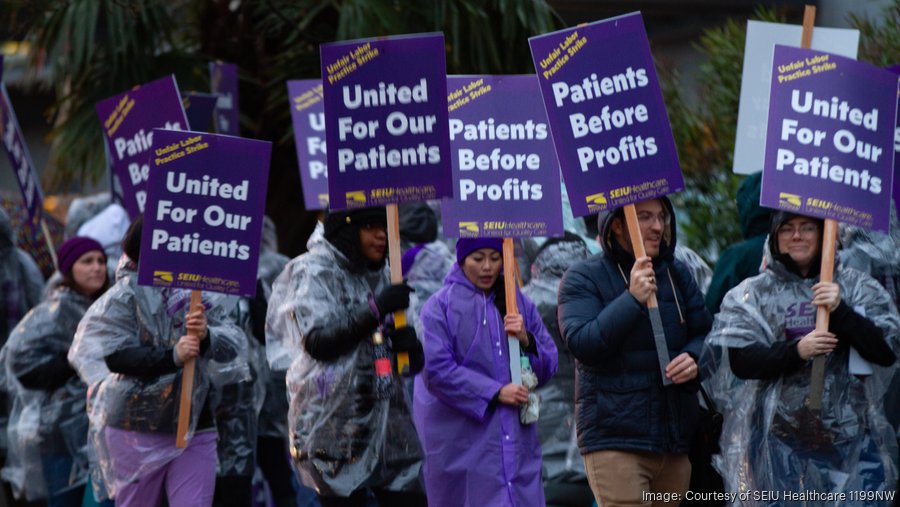By Emma Quinn
During the recent referendums on Family and Care a powerful grassroots movement emerged. Led by disability activists and carers, the movement demanded rights, rejected the neo-liberal version of care in the proposed wording, and exposed the cruel treatment of people with disabilities or chronic illness – and those who care for them – by the Irish state.
In 2022, Social Justice Ireland reported that the “working poor” had increased by 40% to 134,000, and that half of those households included a person with disabilities. Disabled people are twice as likely to be homeless. Despite these realities the government’s ‘Green Paper on Disability Reform’ proposes a tiering of people with disabilities. The purpose is to force disabled people off state payments and into unsuitable work. This would cause immeasurable stress, anxiety and depression. Suicide mong disabled people has rocketed in Britain after a similiar model was adopted.
The current system already traumatises and dehumanises disabled people by forcing them to constantly prove their disability via continuous reassessments, means testing and arduous applications for medical cards and payments. It is a constant battle to access the most basic care – even harder for people from minority ethnic groups, the Traveller community, people of colour and LGBTQI+ people.
The outcry for disability justice has resonated broadly and has exposed the sharpest edge of a far reaching care crisis that exists today.
Increasing care inequality
The “care system” should incorporate physical and mental healthcare, childcare, eldercare, social care, and education if taken holistically. Right now, the whole system is broken.
In fact, Ireland has one of the worst health systems in the Global North. It is chronically underfunded and understaffed, with a constant trolley crisis and over 100,000 children and young people on waiting lists (Irish Hospital Consultants Association). Public patients with cancer or rare illnesses can wait up to two years for medication or treatments, while those who can pay for private care fare much better.
During the pandemic, the profits of major childcare providers trebled, yet childcare is still out of reach for many. Currently, there is a wait of up to three years for creche places! Eldercare too is totally dominated by “for profit models” run by private companies and international equity firms.
In education there are widespread teacher shortages resulting in higher class sizes, reduced subject availability and a serious reduction in school places. Alarmingly, an estimated 20,000 children are waiting for needs assessment across the country.
Despite massive profits being made in the care sector, and the importance of public workers like nurses and teachers, these mainly women workforces are underpaid and overburdened.
Though we have never had adequate public care, the crisis intensified during the bank bailout / austerity era, when public funding of health and social care was decimated. Covid-19 made the bad situation worse. Successive governments have consciously prioritised the profits of big business over the health and well being of ordinary people and the effects are immeasurable.
The system makes ‘care and caring a commodity’
In 2023 the World Health Organisation reported that more than half of the world’s population, 4 billion people, can’t access essential healthcare, and another 2 billion people face severe financial implications when paying for health services. The reality is capitalism doesn’t care, and never will.
Not content with making obscene profits from basic human needs, the unpaid care work that takes place every day in our homes and communities saves the global economy $11 trillion a year (Oxfam) – twice the size of the global tech sector. The system has been successful in normalising the feminisation of care, using sexism and the gender binary to exploit low-paid and unpaid carers.
Capitalism in its ruthless pursuit of profit makes care a commodity. Quality care is a luxury available only for those who can afford it.
But it doesn’t have to be like this. The wealth, technology and resources exist to develop a care system based on human need. Socialists stand for a complete transformation of the care system, an end to capitalism and all of the inequality, injustice and oppression that comes with it. We need to build active movements of young people, people of colour, LGBTQI+folk, fighters for disability justice, trade unionists and working-class communities to build a socialist challenge that can deliver the type of care we need and deserve.












